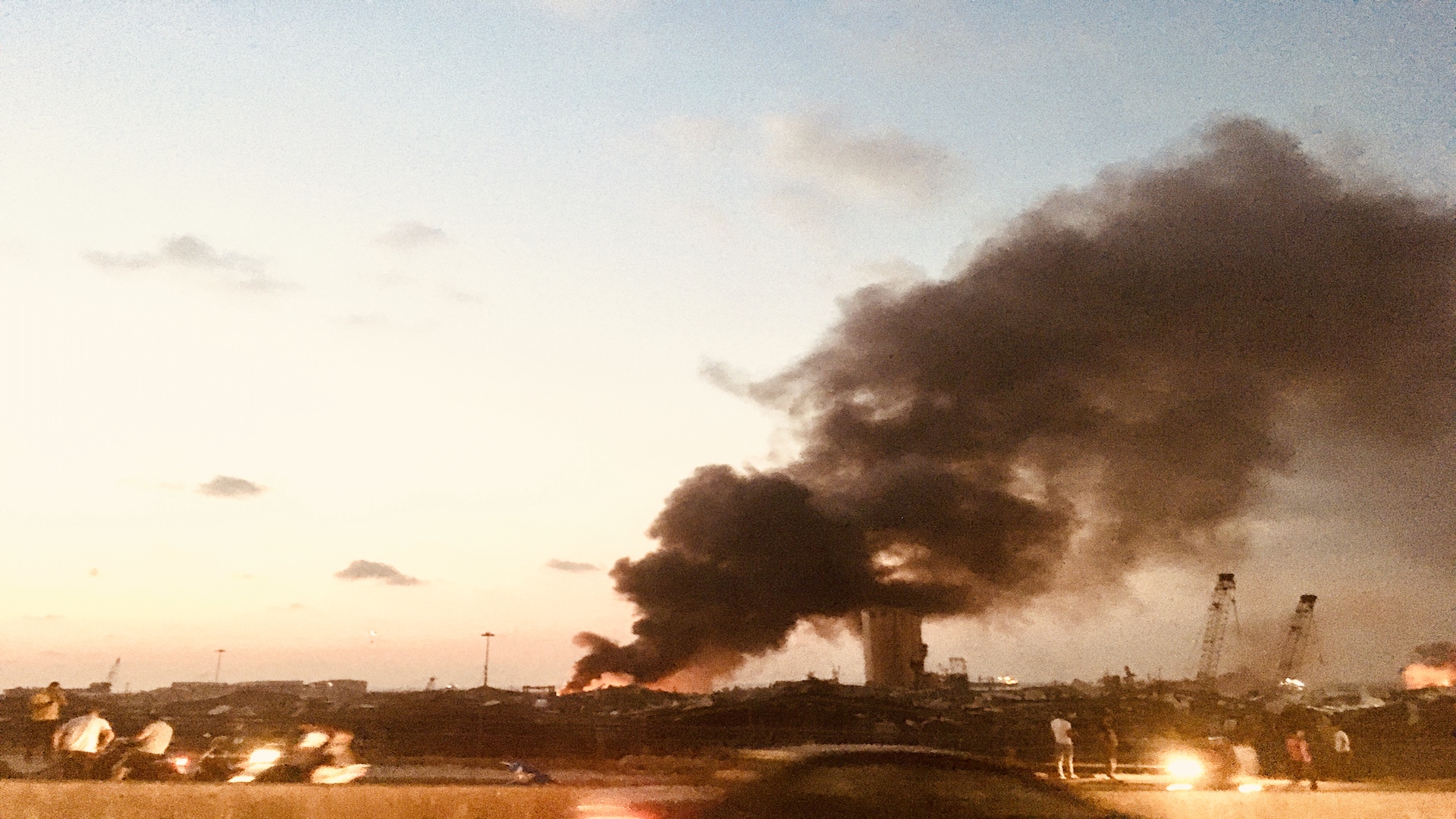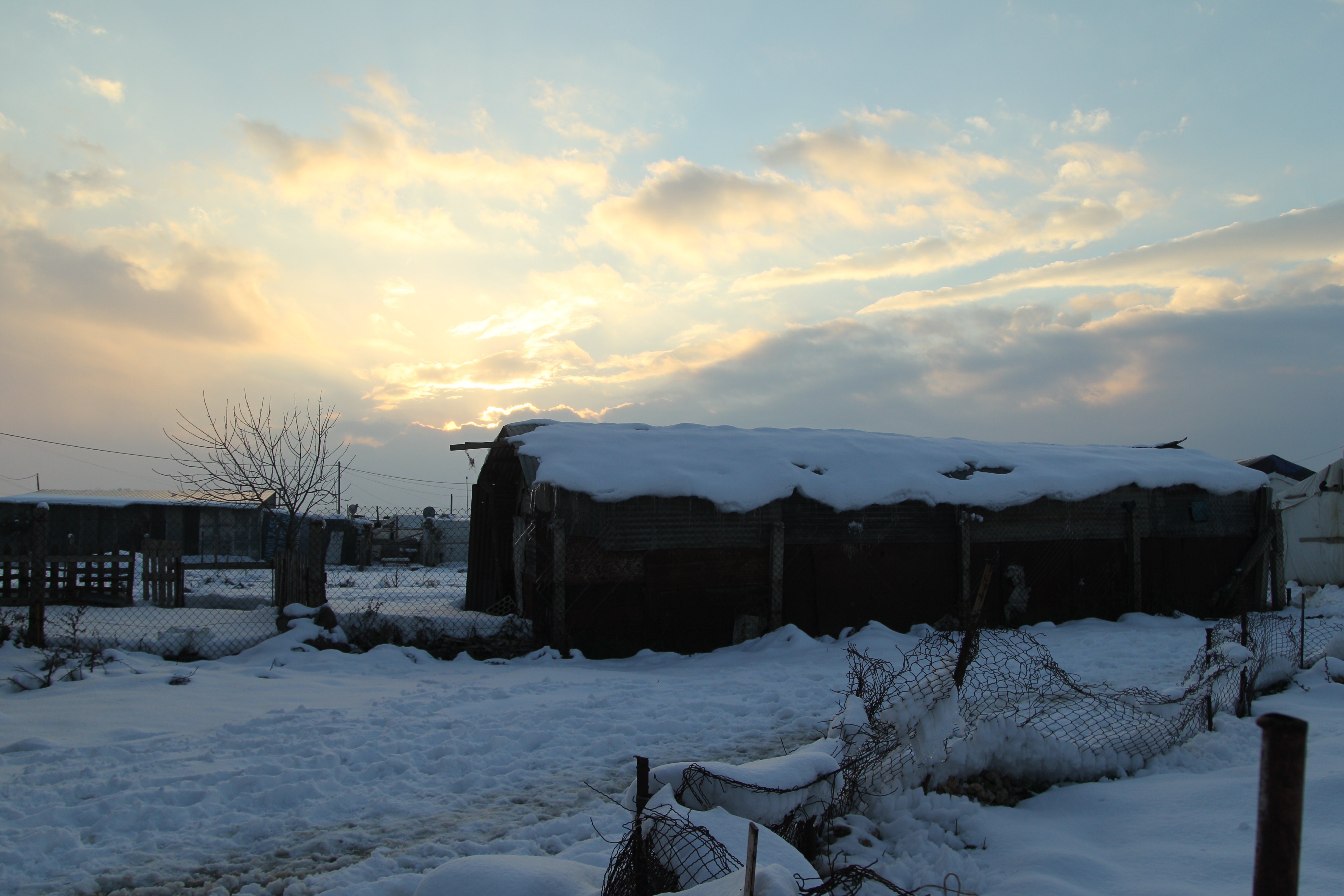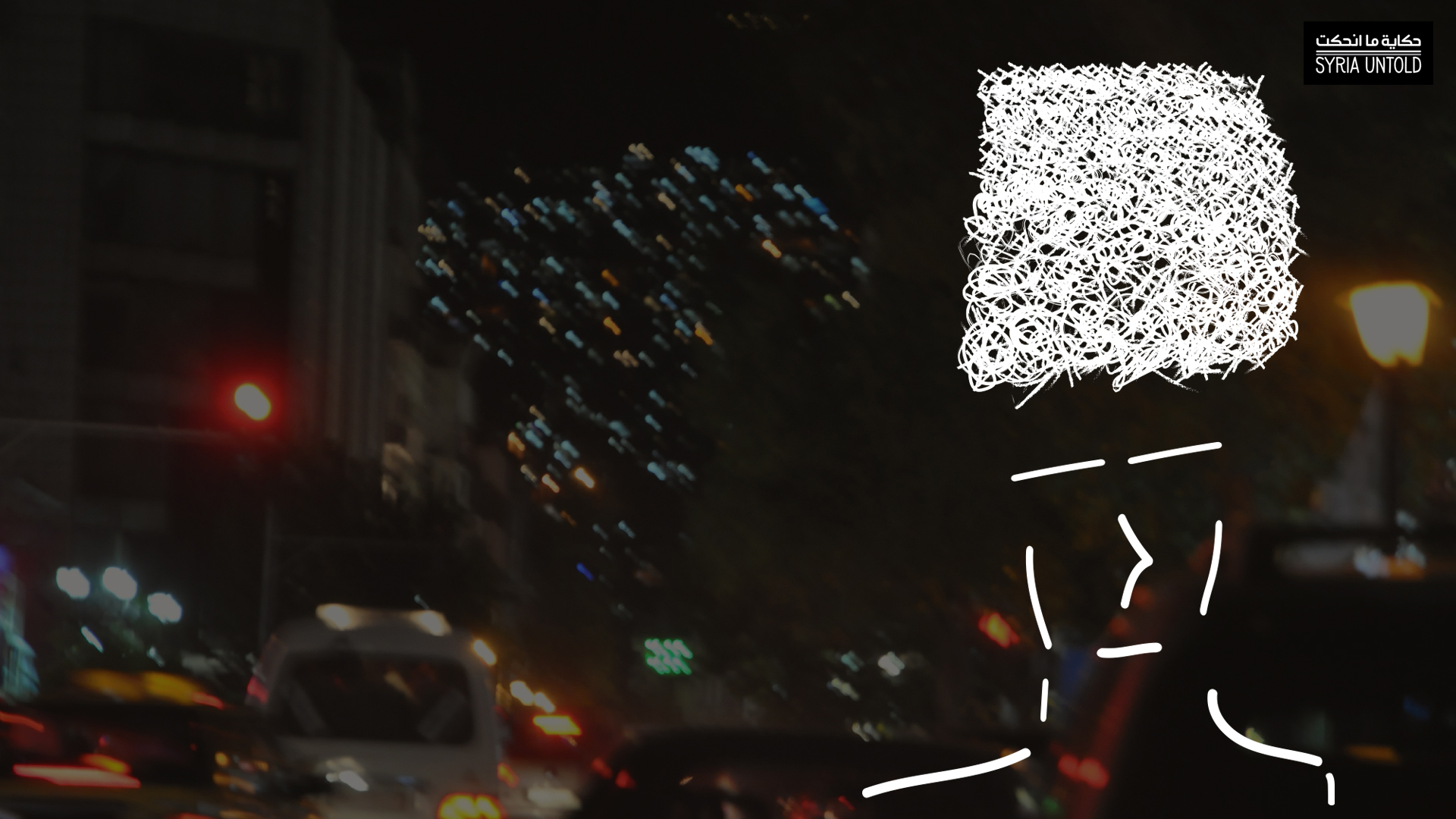Syrian businessmen linked to firm that bought Beirut explosives (Al Jazeera)
“Three Syrian businessmen with close ties to the Syrian government have been linked to the company that bought the explosive material that entered Beirut’s port in 2013 and fuelled a massive explosion in August that devastated parts of the Lebanese capital.
The Syrian businessmen, George Haswani and brothers Imad and Mudalal Khuri, are also Russian citizens, according to UK government website Companies House and media reports.” Read more
Among the condemned in Istanbul (Al-Jumhuriya)
How do you explain hunger to a child?
08 January 2021
"We crossed the Galata bridge at a hundred kilometers an hour. Like all his peers, the Turkish taxi driver didn’t know what made him drive at such crazy speed, and harass other vehicles, and insult those cruising slowly as though they were committing a cardinal sin. After the rollercoaster turn following the end of the bridge, we were inevitably held up at the Tarlabaşı intersection; it being rush hour, with a police checkpoint after the traffic light taking up half of the road, leaving only a narrow passage for cars." Read more
Leaving Syria’s notorious al-Hol camp, civilians find little to go home to (The New Humanitarian)
"When the Syrian Democratic Council (SDC), the SDF’s political arm, announced in October that it would be making it easier for Syrians in al-Hol to go home, Radi and his family jumped at the chance, returning to al-Susah in November. But going home hasn’t been all Radi and others had hoped for. Nearly two years after IS was defeated in Syria – and two months since the SDC began allowing more people to leave al-Hol – many parts of the country remain largely uninhabitable, and help from NGOs or aid agencies is often nowhere to be found." Read more
The Assad regime faces a Rubik’s Cube of challenges in 2021 (Atlantic Council)
“After almost a decade of conflict, Bashar al-Assad’s regime appears to have weathered the existential threat posed by the 2011 Syrian uprising and the ensuing armed struggle. Today, the question for the regime is one no longer centered on surviving militarily or worrying about foreign powers seeking its removal. Rather, it is one of how to manage the volatile reality resulting from its pyrrhic victory.” Read more
Intense Israeli strikes in east Syria; region on high alert (AP)
“Israeli warplanes carried out intense airstrikes in eastern Syria early Wednesday, apparently targeting positions and arms depots of Iran-backed forces as the region is on high alert. At least 57 fighters were killed and dozens were wounded, according to a Syrian opposition war monitoring group.
A senior U.S. intelligence official with knowledge of the attack told The Associated Press that the airstrikes were carried out with intelligence provided by the United States — a rare incidence of publicized cooperation between the two countries over choosing targets in Syria.” Read more
Syria's journalists live in constant fear of arrest, assassination (Al-Monitor)
“Masked gunmen shot photojournalist Hussein Khattab in broad daylight Dec. 12, in Syria’s northern city of al-Bab, which is controlled by the Turkish-backed opposition.
Though dozens of opposition factions are present in the area, no one was able to stop or identify the perpetrators. Khattab was shot five times while filming a report on the spread of COVID-19 in northern Syria.
Following Khattab’s assassination, Syrian journalists and activists turned to social media, calling for the protection of journalists, especially in the areas controlled by the Turkish-backed factions. Dozens of Syrian journalists inside Syria joined in, posting the Arabic hashtag #Martyr_Hussein_Khattab.” Read more
From Syria to the Naples mafia: Record amphetamine bust raises questions (France 24)
“Italian authorities have recently uncovered a worrying new side to the international illegal drugs trade, with origins in Syria. Amphetamine pills, produced in the war-torn country, are being trafficked to Europe, something police were unaware of until just a few months ago. The amphetamines, such as Captagon, have also been seized in Greece, Egypt, Turkey and Romania. Our correspondents report on what this means for Italy and the role played by the Neapolitan mafia in this murky drug trafficking ring.” Watch here








